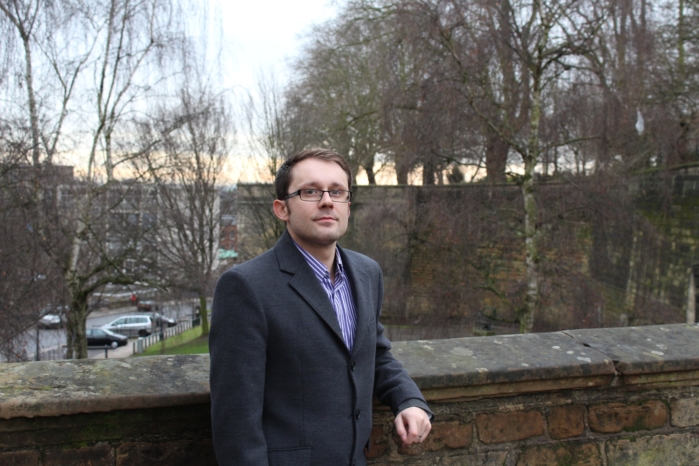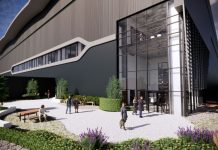Associate at Bruton Knowles Stuart Hastings discusses the benefits and advantages of installing a small or a micro renewable energy unit for your business:
Most renewable energy developments in the East Midlands require a level of capital investment running into many millions of pounds, making them utterly unaffordable to the landowner.
In return for funding these projects, the developer will rightly take the lion’s share of the profit generated in return for taking on the risk.
These developer agreements can take many forms, from a simple fixed payment to payment based on energy generated, be it electrical or heat. Without an expert analysis of the income stream it is difficult for the landowner to fix an equitable deal. Frequently they do not, due to the complexity of separating out support tariffs from power generated while trying to agree on process and electrical efficiency.
The lower costs of small and micro scale renewable energy developments in the region offer the landowner an opportunity to invest in something which can give significant return either in pure revenue or in cost savings.
Hydro, solar and anaerobic digestion (AD) can all be developed down to a level of single digits of kilowatt hours generated. Micro solar applications are plain to see on the roofs of both residential and commercial properties throughout the East Midlands. Hydro is rarer, but the Japanese are looking at commercial applications for washing machine sized turbines which can be inserted into and fitted along the length of a drainage ditch – something landowners in Nottinghamshire, Derbyshire and Leicestershire might want to look into in more detail.
However, the most interesting by far is micro AD because of its potential to save the landowner as much, if not more, than it will generate. AD will work wherever there is biodegradable matter – be it animal manures, food waste or grass clippings. When taken to landfill, all biodegradable waste carries a significant cost of disposal. Furthermore, the improper disposal of these wastes can lead to even more significant fines.
It is the saving of these costs that generally make the project viable. For example, a farm based artisan food producer in the region could add their waste stream to animal manures and the figures will stack up by supplying heat and electricity to the production unit and to the farmhouse as well as disposing of the costly waste stream while producing a high quality fertiliser in the form of digestate as an end product.
QUBE renewables in the South West have developed a modular micro AD system with a footprint no bigger than a caravan. Joanna Clayton, co-owner of QUBE, uses horse manure from her stables mixed with brewery waste from a local brewer to power their pilot plant. Another of their clients, a logistics firm, uses coffee grounds and out of date food to produce biogas which they then clean and compress for use as fuel in their delivery lorries. This is an intelligent use of a waste stream which has ultimately had a positive effect not only on their bottom line but also shoulders part of their corporate responsibility to the local environment.
In the East Midlands, there are countless rural businesses – even businesses in towns and cities too – which could make use of this excellent piece of technology. If you would like to know more, Bruton Knowles is happy to discuss how your business might benefit from installing a small or micro renewable energy unit.




















